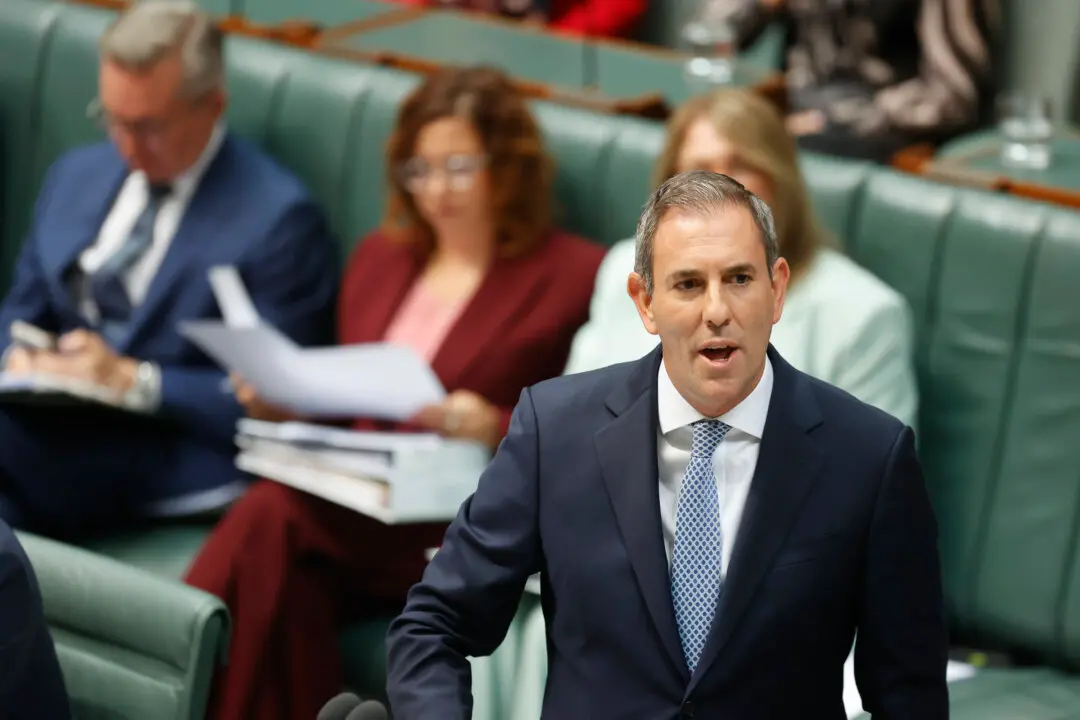Economists say it is still too early to tell whether the country has pulled through the peak of inflation after the Reserve Bank of Australia decided to cut interest rates for the first time in four years—from 4.35 to 4.10 percent.
Economist Gigi Foster from UNSW expressed cautious optimism, highlighting the risk of an early rate cut means inflation could just rise again later.





